Photo by: Michael Goderre, Boston Childrens Hospital
Bringing climate solutions to the bedside.
When Hurricane Maria made landfall on Puerto Rico it devastated the island but also caused national shortages of intravenous saline, a backbone of basic medical care when the supply chain was put out of commission.
Hurricanes, wildfires, extreme heat, and other consequences of burning fossil fuels and climate change don’t just threaten our health, they threaten the ability of medical providers to deliver care to all those who need it.
It’s essential that health care providers understand how climate change could impact their clinical practice, be empowered to safeguard their patients’ health, and use their voices to engage the health care community and public to act on climate change.
Harvard Chan C-CHANGE runs Climate MD, a program focused on:
- Working with community health clinics
- Demonstrating climate impacts to health care delivery in medical journals
- Preparing medical leaders on climate and health
- Changing the national media narrative on climate change
- Communicating directly with patients
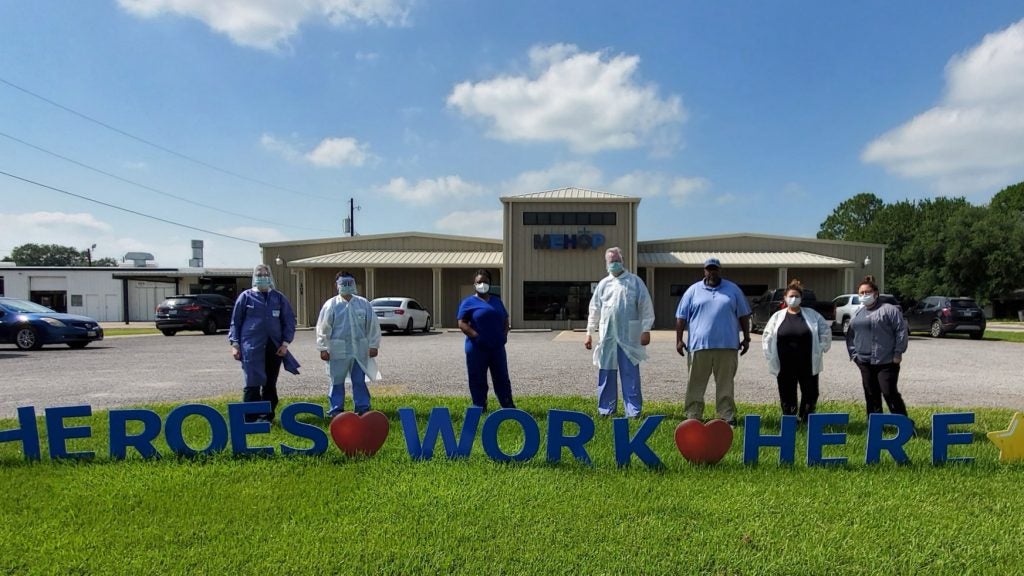
Working with frontline health clinics
We are working with frontline health clinics to protect patients’ health from climate shocks like heatwaves, hurricanes, flooding, and wildfires. Our programs work with clinic providers, staff, and patients to prevent harm from the climate crisis and improve health equity.
Learn about patient-centered climate resilience and our work with frontline health clinics.
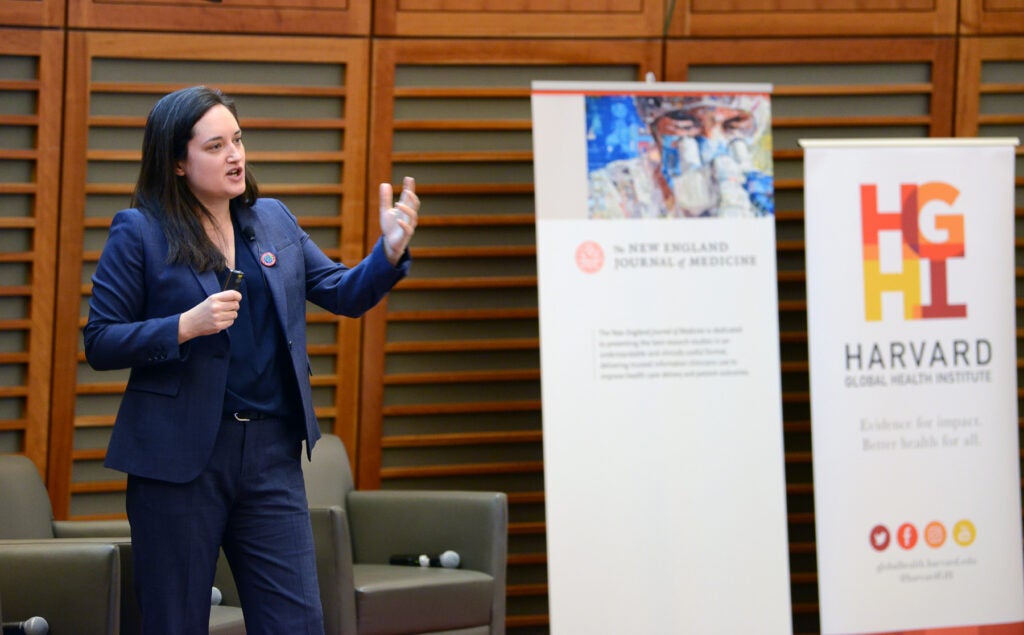
Demonstrating climate impacts to healthcare delivery in medical journals
We reach health care professionals by publishing and amplifying research on patient-centered climate action, leading the yearly analysis tracking the impact of climate change on human health in the U.S. Policy Brief for the Lancet Countdown, and demonstrating the connections between climate change and pediatrics, climate-informed primary care, psychology, emergency medicine, surgery, internal medicine, cancer, pulmonology, infectious diseases, and more.
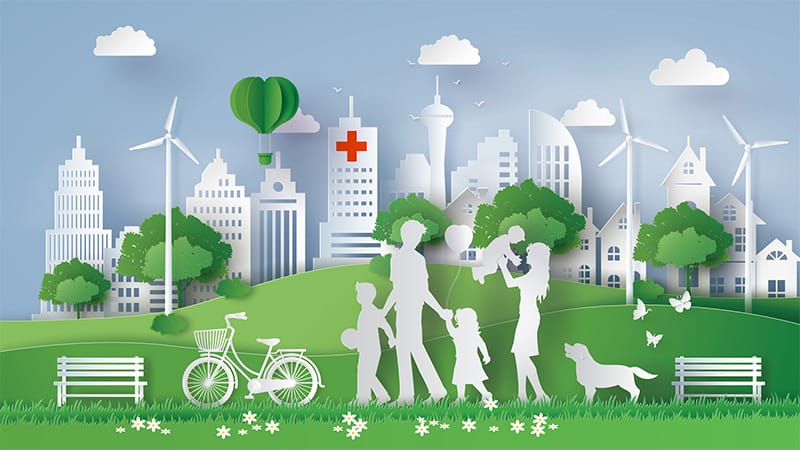
Preparing medical leaders on climate and health
Our team co-hosts the Health Effects of Climate Change, a massive open online course that has been taken by more than 100,000 students in over 100 countries, Harvard University’s Climate Change and Health Fellows for emergency medicine physicians, and the Climate Health Organizing Fellows program for U.S. health professionals.
We work with medical schools to integrate climate change into curricula using clinical cases and targeted curriculum, outlining the first residency curricula to better prepare doctors for climate change and identifying climate and health initiatives at educational institutions.
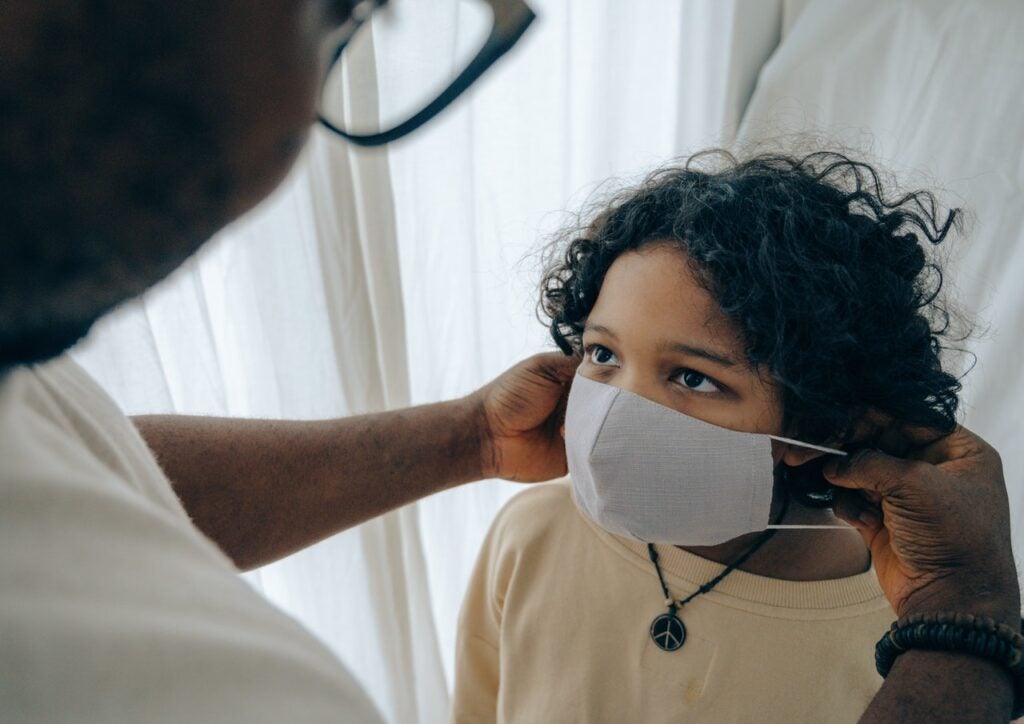
Changing the national media narrative on climate change
We serve as the media’s go-to source for climate change and health information, regularly interviewing with top-tier national and health media and hosting workshops and media trainings for organizations on how to effectively communicate about climate and health issues.

Communicating directly with patients
We regularly publish information about how people can stay healthy in a changing climate through serving on the boards of Parents Magazine and Pattrn from The Weather Channel, our collaborations with the Harvard Health Letter, one of the most trusted and widely-read sources of health information in the world, our fact sheets on kids and climate, and our monthly Climate Optimist newsletter.
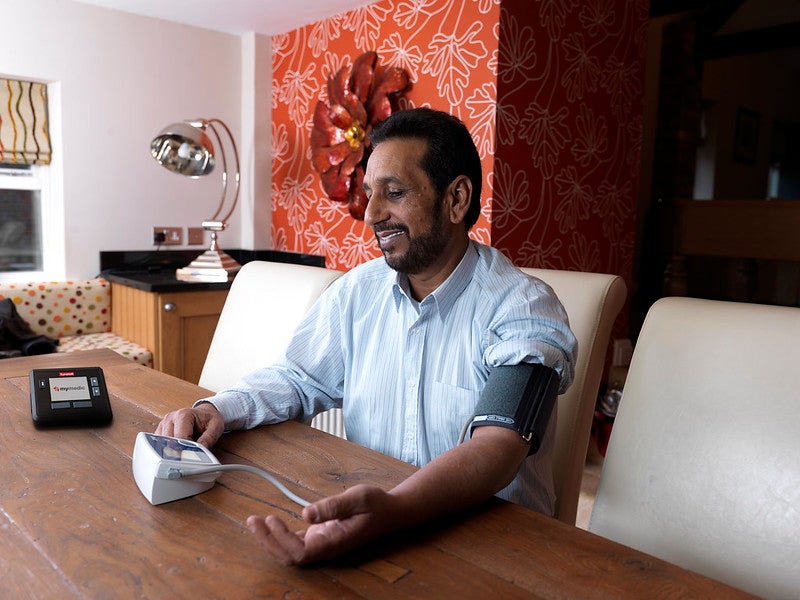
A pathway to net zero emissions for healthcare
Dr. Renee Salas charts a path to net zero emissions for healthcare.
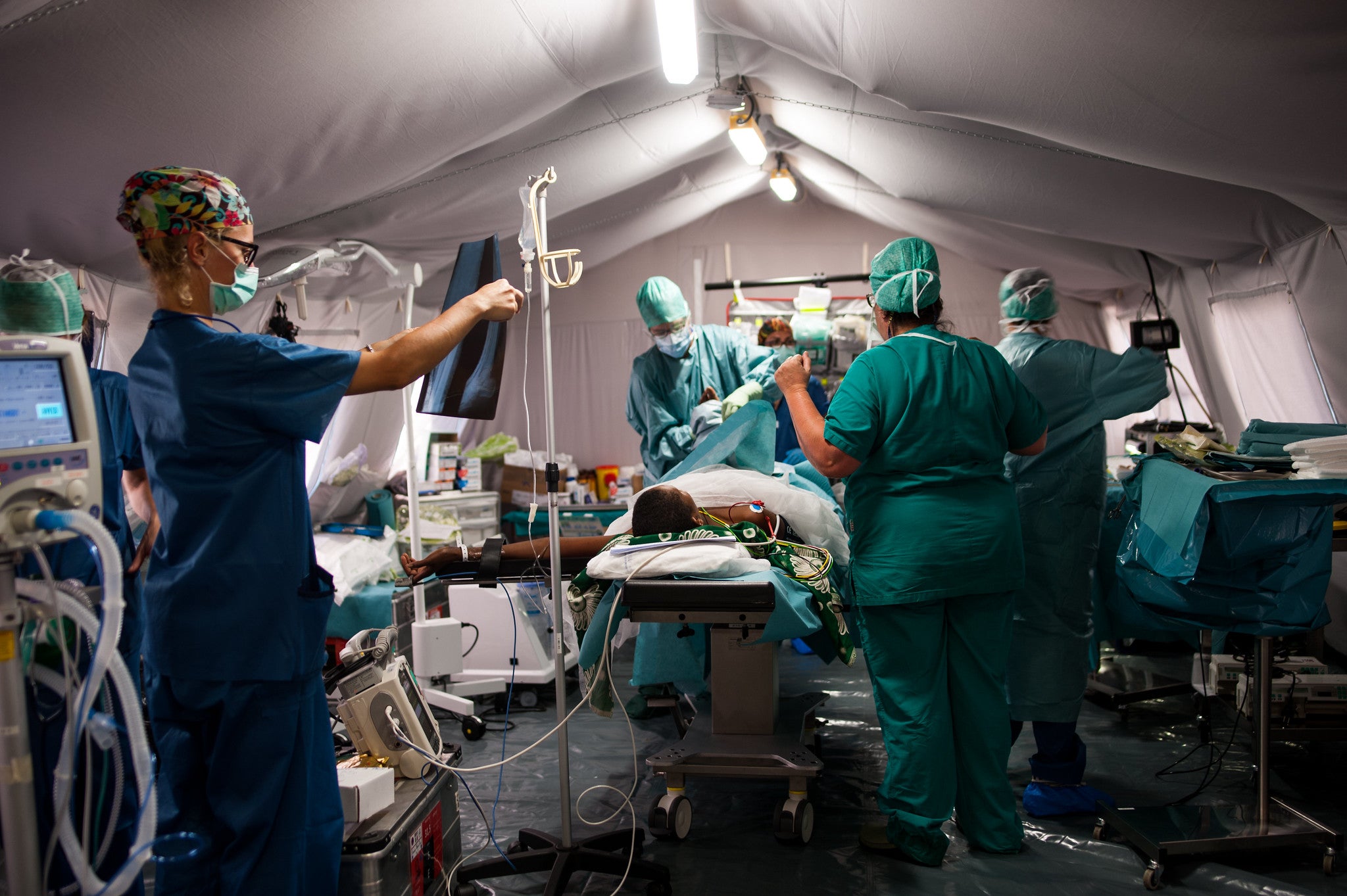
The first residency curriculum to better prepare doctors for climate change
New framework can teach medical residents how climate changes affects health, clinical care, and health care delivery.
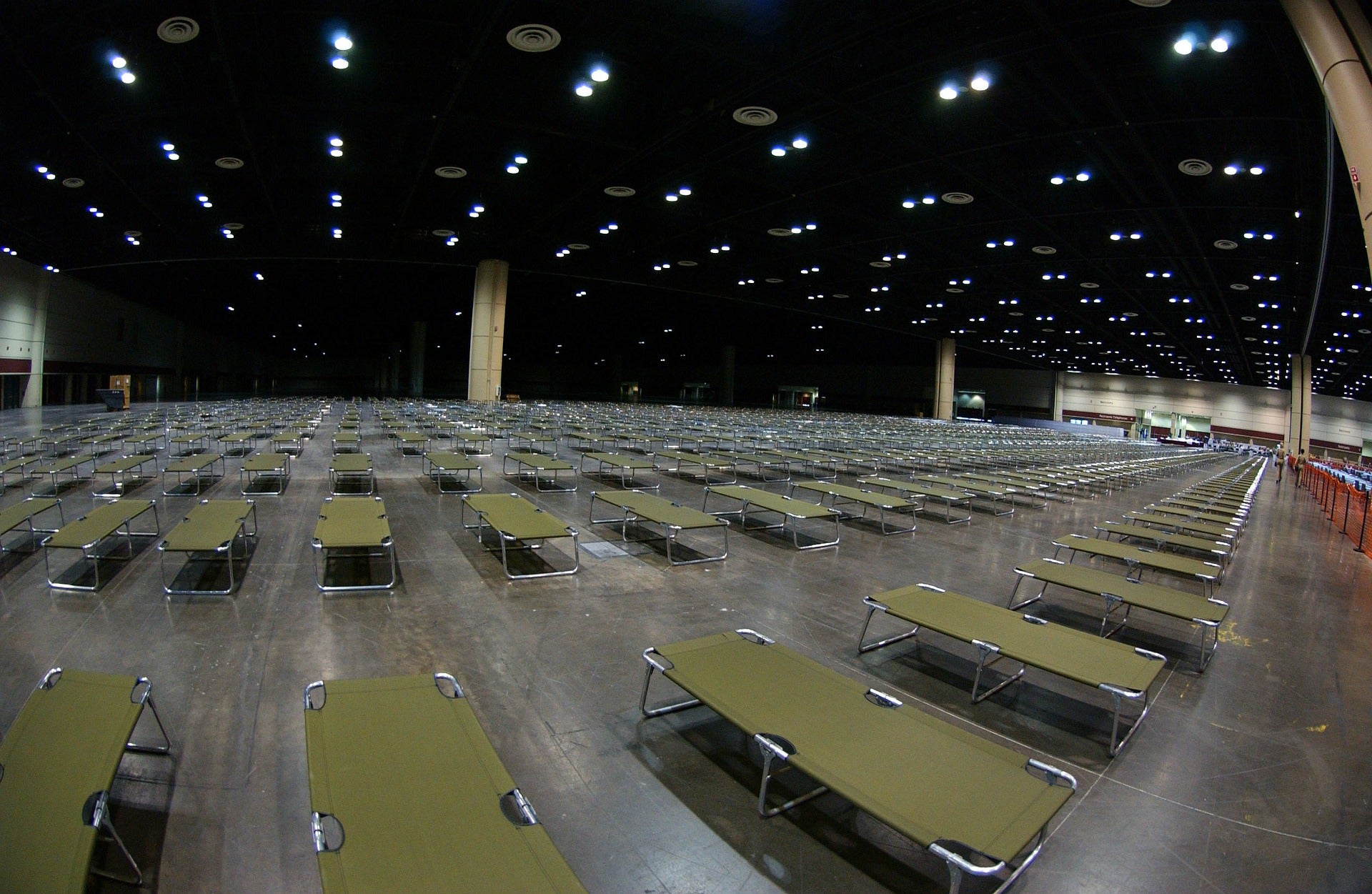
The climate crisis and COVID-19—A major threat to the pandemic response
Strategies for local communities and states to reduce the risk of COVID-19 transmission during climate-related extreme events like heat waves, hurricanes, and wildfires.
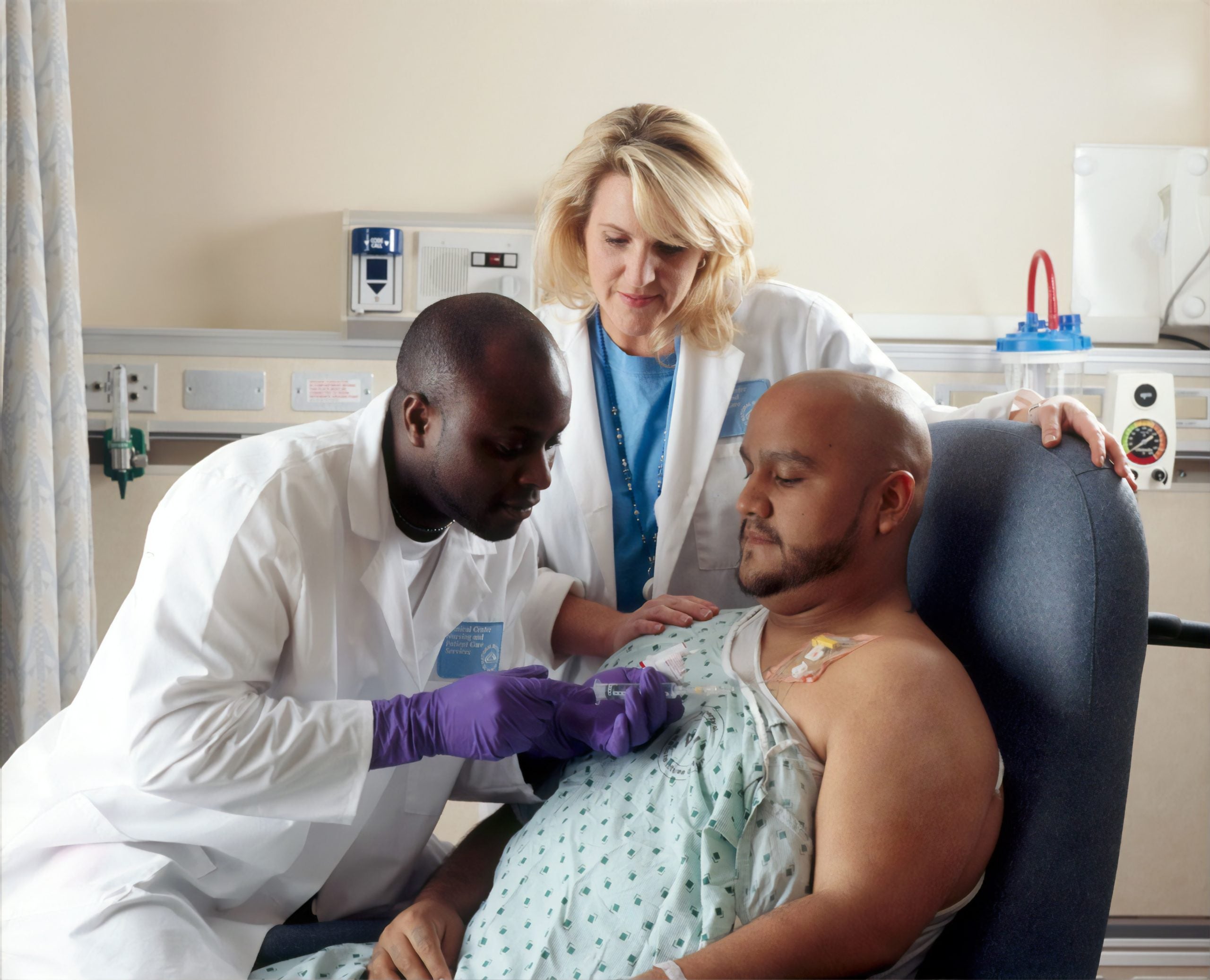
Climate Change and Cancer
Climate actions can make cancer treatment facilities more resilient and improve cancer outcomes.

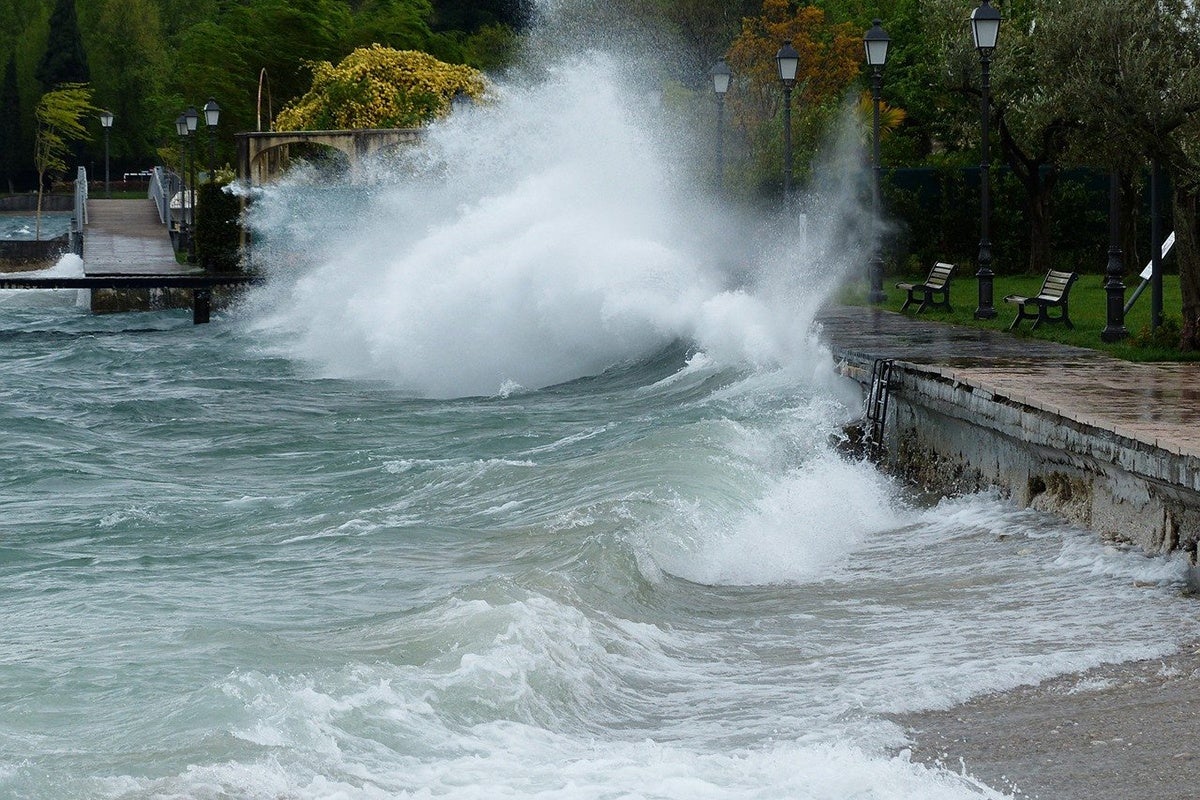
New toolkit to help clinics care for patients during climate shocks
A toolkit developed by the Center for Climate, Health, and the Global Environment at Harvard Chan School (Harvard Chan C-CHANGE) and Americares aims to protect people on the front lines of climate change.
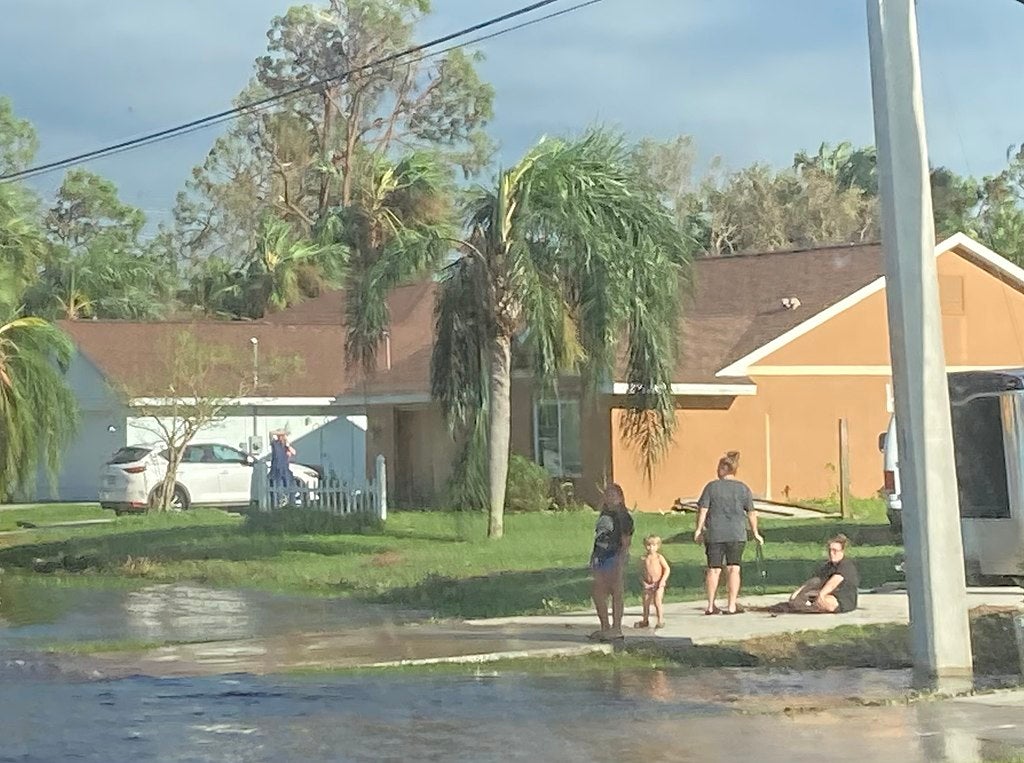
How Health Care Organizations Are Preparing for Climate Shocks and Protecting Vulnerable Patients
Our work with community health clinics is a model for how other health systems can become more resilient to climate.
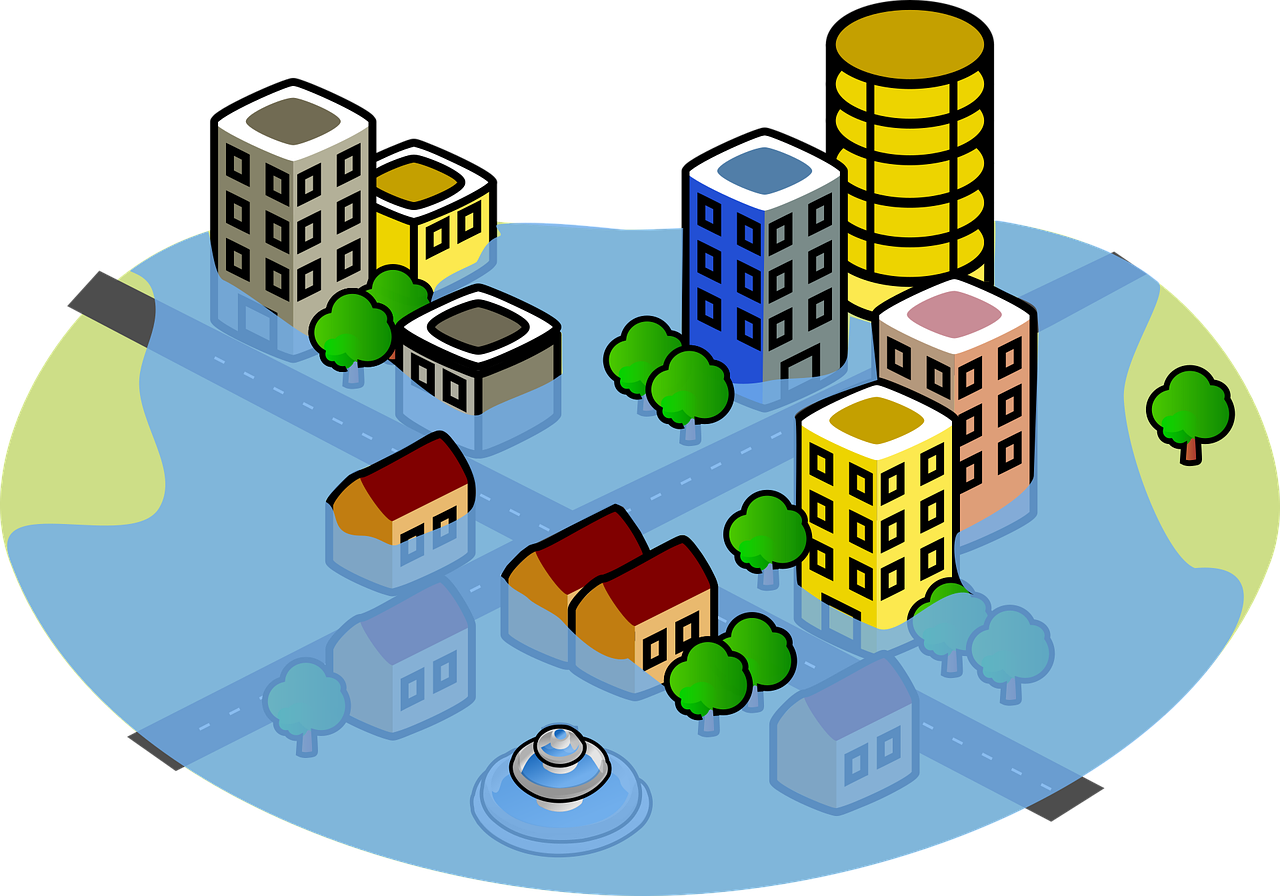
Floods are a growing threat to New England hospitals – what do you do?
Ours is the first study to systematically investigate flood risk for nearly 700 hospitals from Category 1-4 storms as climate change worsens and sea levels rise.
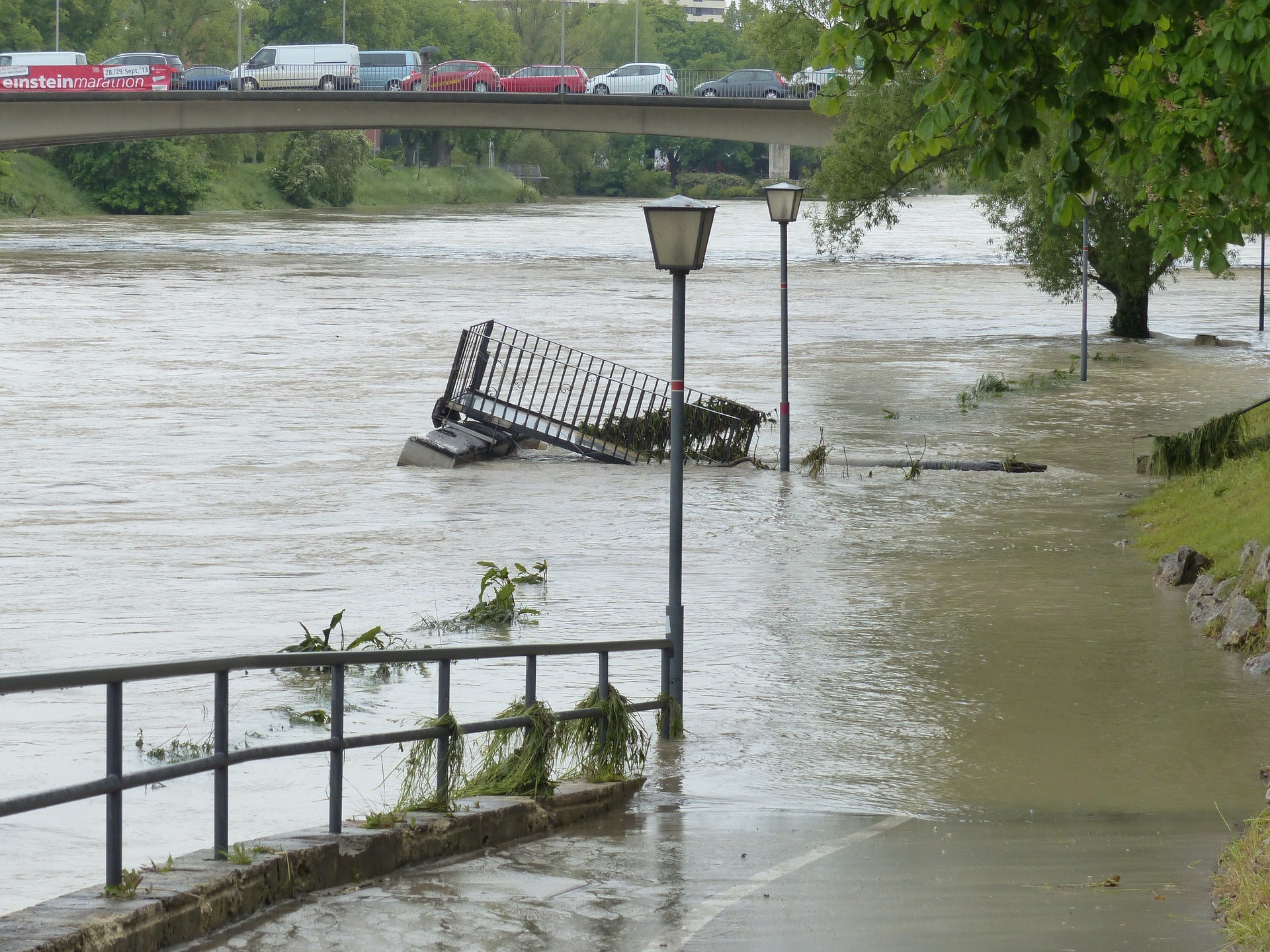
Hospitals in Coastal Cities Risk Flooding Even in ‘Weak’ Hurricanes, Study Finds
We looked at the flooding risk to nearly 700 hospitals on the Atlantic and Gulf Coasts due to storms and sea level rise made worse by climate change.

Shaken by heatwaves, U.S. clinics get tips on staying cool
Featuring our toolkit for protecting the most vulnerable patients from heatwaves, working in collaboration with Americares and sponsored by Biogen.
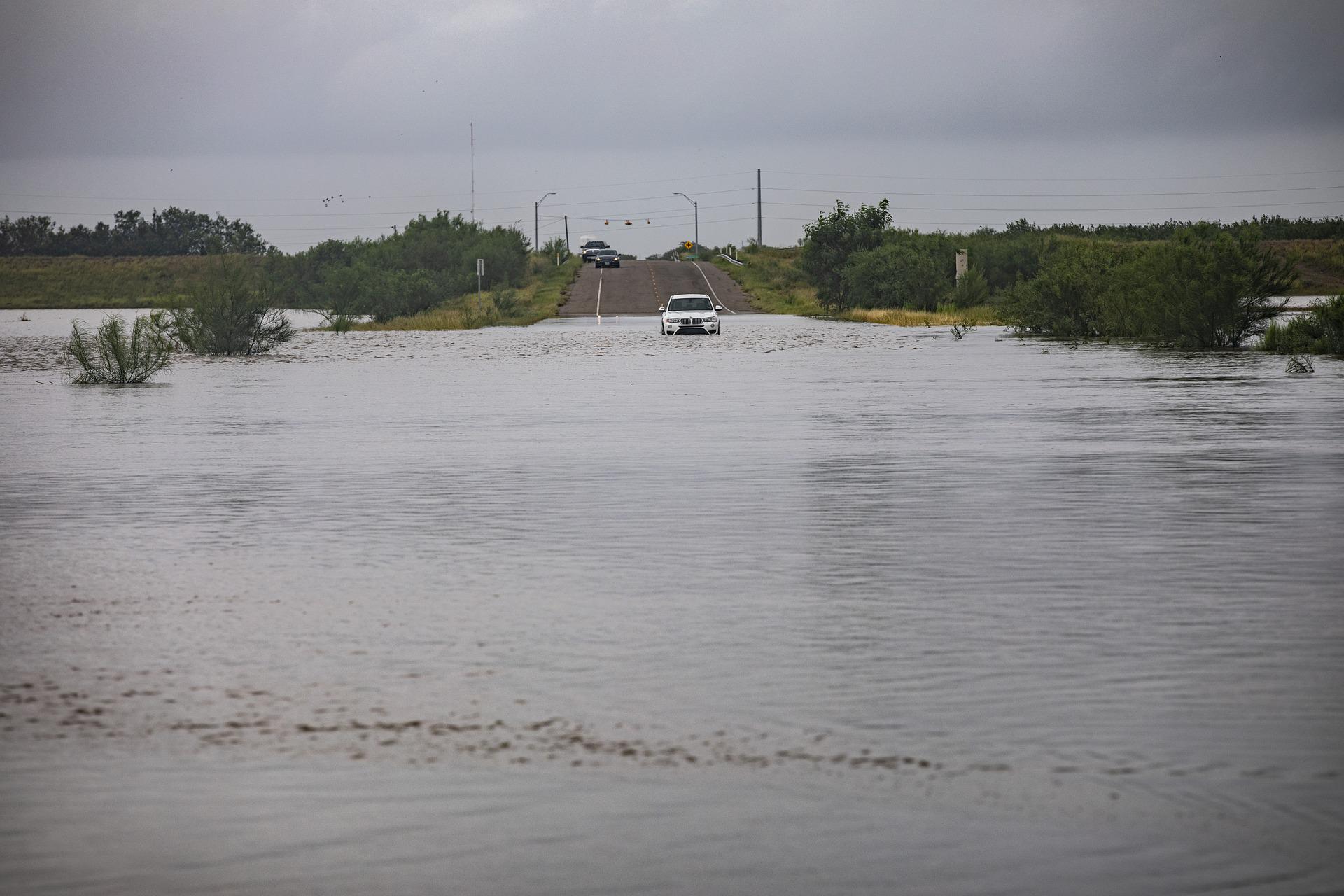
Harvard T.H. Chan School of Public Health Study Identifies Hundreds of Hospitals on Atlantic and Gulf Coasts at Risk of Flooding from Hurricanes
Our study shows which hospitals are at risk of flooding from hurricanes today, and which will become at risk due to climate change.

Partnering with your PCP to stay healthy in record heat
Our director Dr. Aaron Bernstein writes about a new initiative providing patient-centered toolkits to protect the vulnerable.
Some medications may increase sensitivity to heat, sun
As the U.S. experiences more days of extreme heat, researchers caution that certain medications—such as antidepressants, antihistamines, high blood pressure drugs, and overactive-bladder treatments—can increase an individual’s likelihood of developing a heat-related illness.

Can Medications Make You More Sensitive to Sun and Heat?
Our Climate and Health Fellow Dr. Kimberly Humphrey explains how people taking certain medications can protect themselves from the heat.
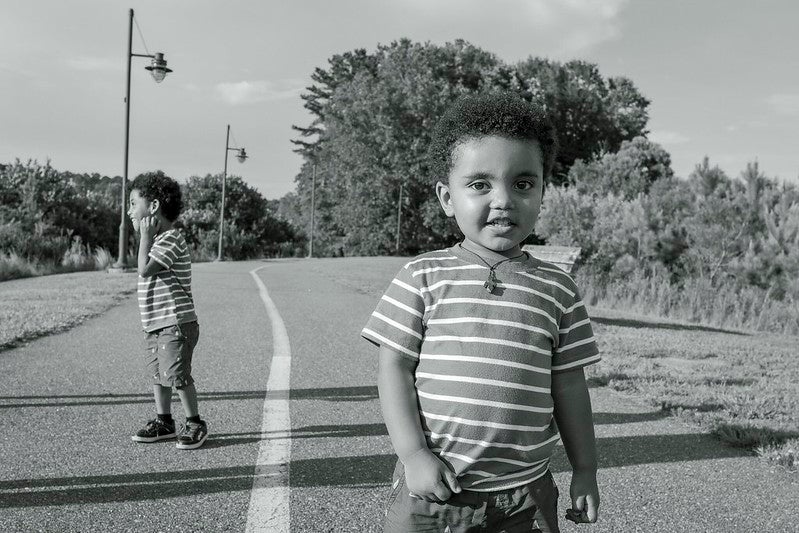
‘Children Are Not Little Adults’ and Need Special Protection During Heat Waves
Our Director Dr. Aaron Bernstein is working to protect children from heat and advance health equity.

Renee N. Salas MD, MPH, MS
Renee's work focuses on the intersection of the climate crisis, health, and healthcare delivery.
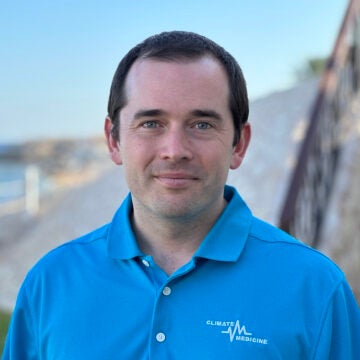
Caleb Dresser MD, MPH
Caleb is an emergency medicine physician whose research focuses on addressing health needs during and after climate-related disasters.
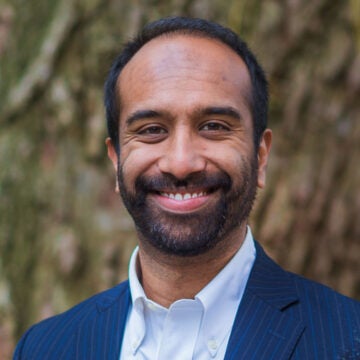
Gaurab Basu MD, MPH
Gaurab's work focuses on the intersection of climate change, health equity, medical education, and advocacy.
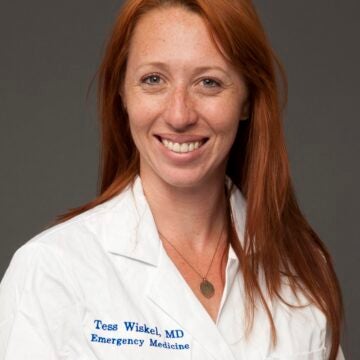
Tess Wiskel MD
Tess' research focuses on the health impacts of climate change, centering on extreme weather events in at-risk patient populations.

Chelsea Heberlein
Chelsea works with frontline health clinics, researchers, and collaborating organizations to put patients at the center of climate resilience.

Anna Miller MPH
Anna translates science into action by promoting awareness of the health impacts of climate change.

Sweta Waghela
Sweta works with frontline health clinics to prevent foreseeable harms from the climate crisis.
